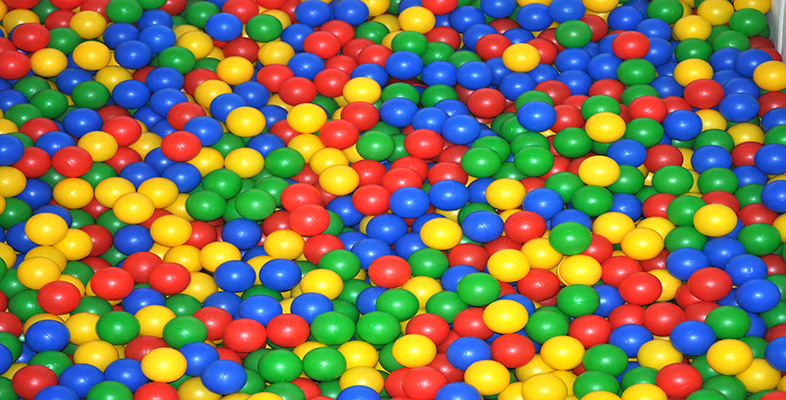3 Manufacture of monomers
3.1 Primary sources of synthetic polymers
The most important primary sources of synthetic polymers are crude oil, natural gas and, to a minor extent, coal. Because all are primarily fuels rather than sources of materials, the manufacture of polymers is susceptible to changes in price or supply. However, this is also true of other materials, since fuel costs are an important component of metal, ceramic and glass manufacture where very high reaction temperatures are needed for reduction of ore to metal and/or smelting. Where polymer manufacture is different is in the range of sources of the basic building blocks for the polymer repeat units. Both oil and natural gas can be used to make polyethylene for example. In parallel with the advances that have been made in polymerization and polymer structures, there have been major advances in making intermediates more efficiently using tailor-made catalysts. A wider variety of intermediate petrochemicals is also now available, particularly for speciality materials.
